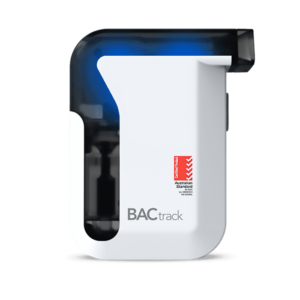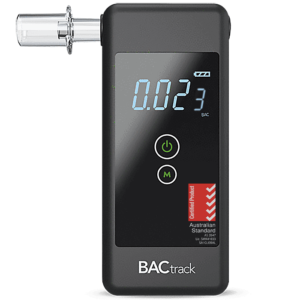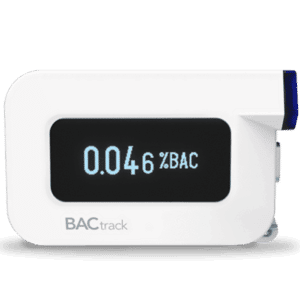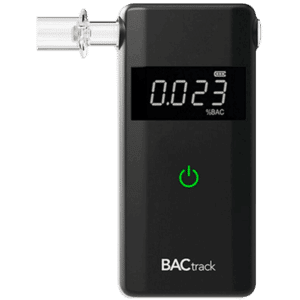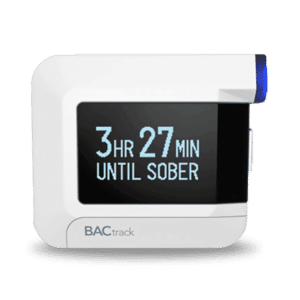Information on Alcohol Employment Drug Test
03 October, 2022

It is normal for Australians (18 and up) to consume alcohol in certain occasions and social gatherings. According to alcohol consumption reports, there was an increase in the consumption rate of alcohol in 2021. More Australians consumed alcoholic beverages like wine, beer, spirits, RTDs (ready-to-drink) in 2021 compared to the previous years. Also, most adult consumers work in different industries. Consequently, there is a high chance some report for duty with alcohol in their system. In high-risk industries, no matter how minimal alcohol concentration in the blood is, it poses maximum safety hazards. That is why it is critical to have an alcohol employment drug test to maintain a safe and healthy environment.
Excessive alcohol use is a risk factor for developing long-term health issues and compromising workplace safety. An employee with a positive blood alcohol content (BAC) can cause severe accidents or injuries and impact the business negatively. An alcohol employment drug test identifies the workers’ physical conditions for recent use or history of alcohol or illicit substances. It is essential to monitor the sobriety of employees to ensure that they are performing optimally. In line with this, there are various methods to check the alcohol level quickly and efficiently. Checking the BAC is possible with a breathalyser device. A breathalyser is an alcohol testing device that analyses an exhaled breath to estimate the BAC. Breathalysers Australia provides accurate and reliable BAC tests with BACtrack breathalysers.
Alcohol Employment Drug Test: Procedures
The Work Health and Safety Act oblige employers to uphold safe and healthy practices to protect the welfare of employees at work. Therefore, employers must minimise all hazards that may endanger workers. Mainly, workplace accidents due to alcohol impairment are preventable through the effective implementation of safety policies. However, putting together a comprehensive program takes considerable time and preparation. Therefore, it is best to seek legal advice in introducing a workplace policy to balance the organisation’s interests with employees’ rights. In addition, employees must consent to an alcohol employment drug test to carry out workplace testing. Having a workplace policy have the following benefits:
- Compliance with state laws
- Reduced liabilities
- Reduced healthcare costs
- Decreased accidents and injuries
- Reduced absenteeism, downtime or turnover rates
- Improved productivity
- Increased employee morale
- Refer employees with a substance abuse problem
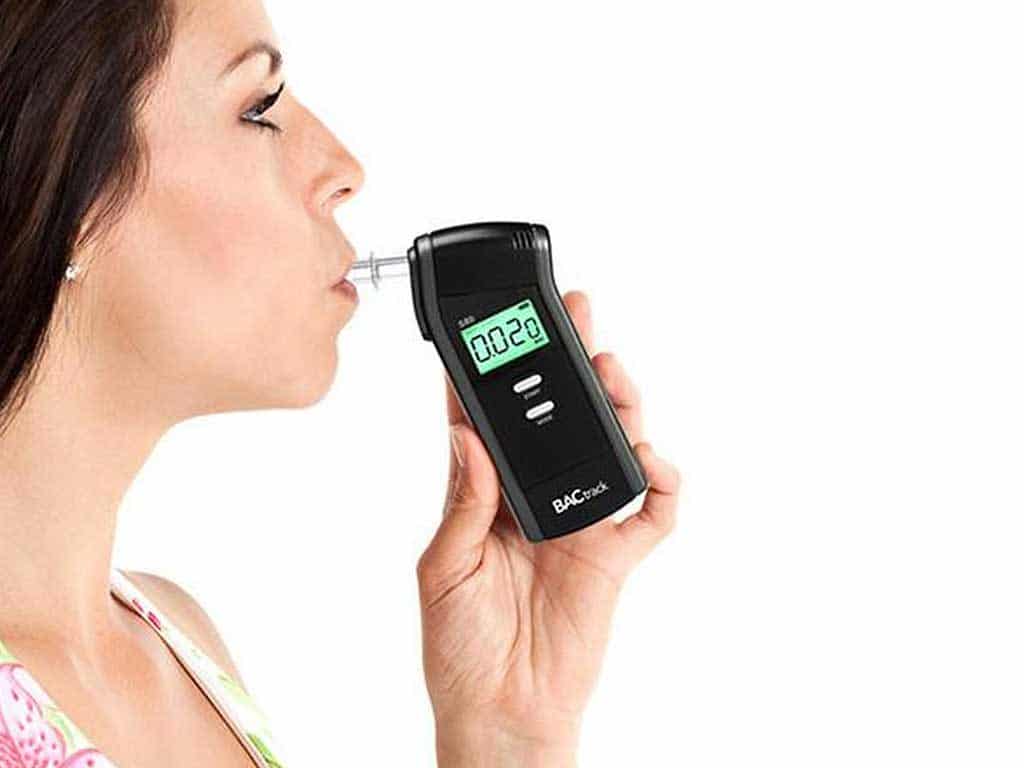
Alcohol Employment Drug Test: Types of Tests
An alcohol employment drug test includes blood, urine, or breath sampling. Accredited laboratories use alcohol breath tests for preliminary screening. Breathalysers like BACtrack use sensor technology to measure the BAC level. For instance, most BACtrack breathalysers employ fuel cell sensors to oxidise alcohol in the breath. Fuel cell sensors deliver precise BAC readings because of their police-grade accuracy. When fuel cell sensors react with alcohol, it produces small electrical currents relative to the volume of alcohol and converts it to BAC. They are also sensitive to ethanol and do not react with other substances. In addition, the BACtrack’s Xtend fuel cell sensors have a detection range of 0.00-0.40% BAC. Therefore, they can trace alcohol concentrations precisely from low to high BAC levels.
While a breathalyser is the standard test for alcohol detection, the employer may also request for alcohol test through urine or blood samples. In a case of positive results in a breathalyser, an alcohol employment drug test can confirm the exact BAC or level of intoxication. In particular, alcohol stays in the breath for 12 to 24 hours from last consumption. Alcohol stays in the blood or urine for up to 12 hours. Additionally, a urine test can detect alcohol use for 3 to 5 days via Ethyl Glucuronide (EtG) metabolites. Even though a blood test is most accurate, it is not practical due to accessibility, costs, and a longer time to get the results. A cost-efficient method is to use a workplace breathalyser.
When to Conduct an Employment Test
A comprehensive workplace policy should outline when it is appropriate to facilitate an alcohol employment drug test. For example, the company may request workplace testing for safety reasons. A workplace may test employees under specific circumstances such as below:
- Pre-employment – It is not uncommon for some employees to require pre-employment drug and alcohol tests as part of the hiring process. However, there should be clear communication that a successful hire is contingent on the results of the tests. In addition, it helps employers assess the right candidate for the job.
- Periodic – the test occurs annually across all employees as part of physical examination and safety protocols
- Post-incident -A post-incident test is necessary to determine if alcohol or illicit substances contributed to accidents or injuries.
- Reasonable Suspicion – When an employee shows symptoms of impairment, the manager can request an alcohol or drug test.
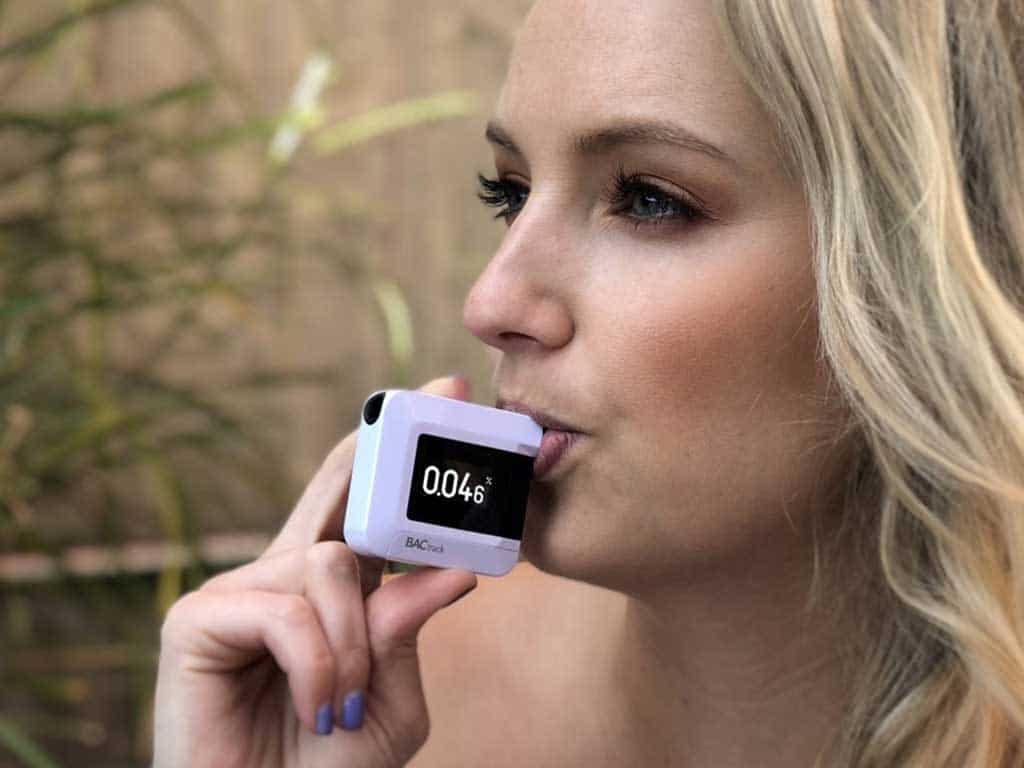
Alcohol Employment Drug Test: Preparing for the Test
An alcohol employment drug test can be performed several times a year, depending on the need for workplace testing. Tests may be scheduled or random. An annual or periodic test is set or announced for all employees. It is best to limit the time between notification and testing date to determine if employees have substance abuse. On the other hand, workers can prepare for the test by abstaining from alcohol a few days before. Additionally, employees must conform to workplace testing by signing an alcohol or drug test consent form. The form must include authorisation, disclosure of results, release for any liabilities, and signature. During the test, the laboratory further explains the purpose of the test and procedures.
Alcohol Monitoring through Breathalysers
An effective policy for an alcohol employment drug test can minimise the number of accidents and downtime. You can be confident that all reasonable measures are in place to keep the workers safe at all times. In addition, regular testing deters alcohol use and promote healthier practices. Employees also work best when they know that their welfare is a top priority. For sobriety monitoring, you can use a workplace breathalyser to check on BAC levels at any time. Unlike a urine or blood sample test, authorised personnel can conduct a breath test through a breathalyser. Using pro-grade breathalysers like BACtrack efficiently checks intoxication or impairment in the workplace.
You can get accurate and reliable devices at Breathalysers Australia. Breathalysers Australia provides key sectors nationwide through the professional BACtrack breathalysers. The BACtrack fuel cell breathalysers have the same accuracy you can find in clinics during an alcohol employment drug test. In addition, there are various alcohol testers suitable for personal and professional use. For example, choose from keychain alcohol testers for personal and at-home use. Some BACtrack breathalysers like the Mobile Pro and C8 Smartphone have Bluetooth connectivity to deliver your BAC results directly to your mobile phone. The BACtrack app has ZeroLine technology which quickly estimates how long your BAC level will return to 0.00%. Lastly, the BACtrack S80 Pro has FDA approval and DOT certification for a breath screening device.


















